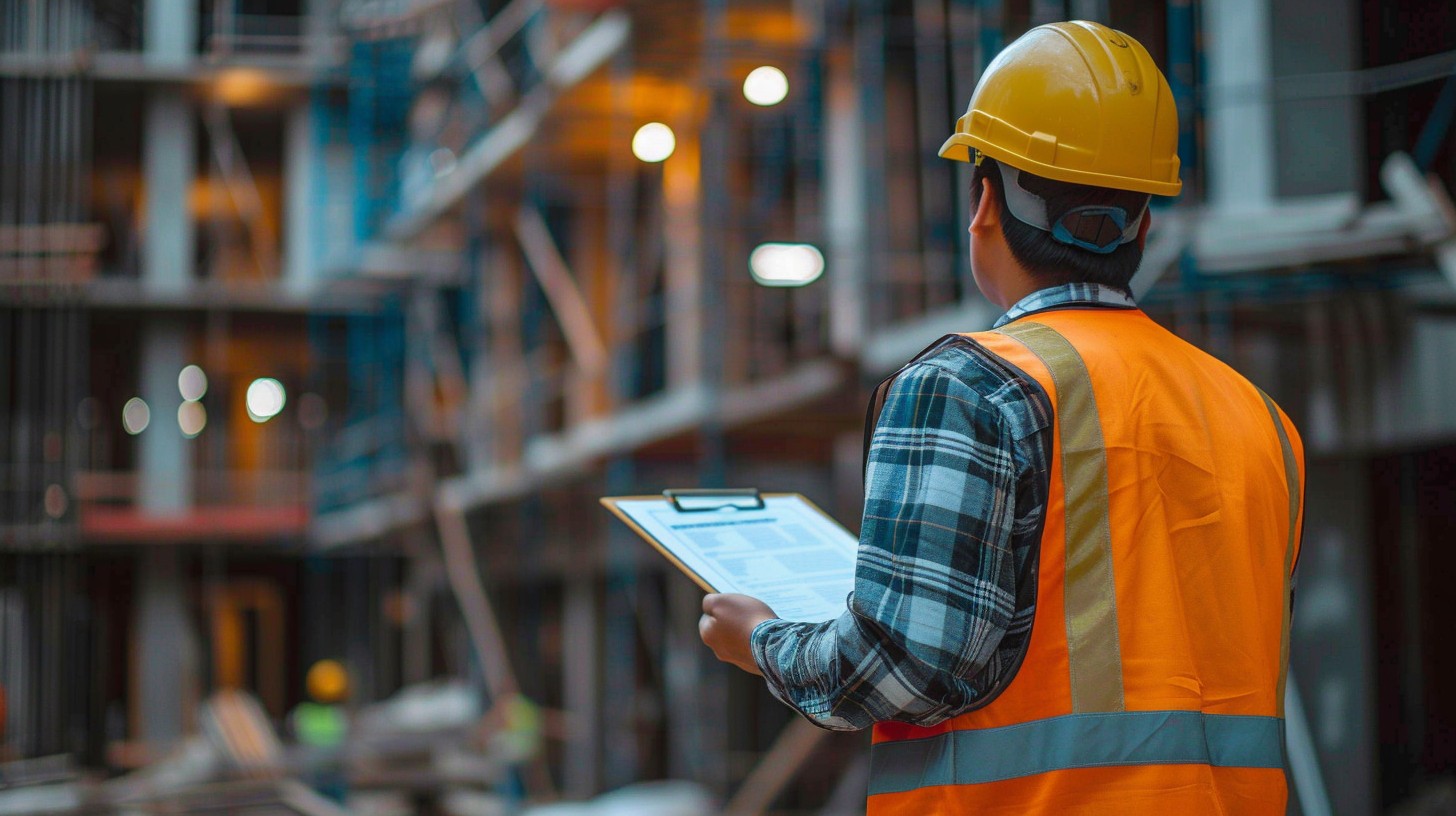Commercial Real Estate Inspectors

In the commercial real estate sector, thoroughly assessing a property’s condition is of utmost importance. This is where inspectors come into play. They provide insights into the structural integrity, safety, and overall condition of a property, assisting buyers, sellers, and investors in their transactions. Let’s take a closer look at various functions inspectors perform in commercial real estate.
1. Pre-Purchase Inspections
Before a commercial property changes hands, a thorough inspection is essential. Inspectors assess the property’s condition to identify any existing or potential issues that could impact its value or usability. This includes:
- Structural Integrity: Inspecting the foundation, walls, roofing, and other structural components to ensure they are sound and free from major defects.
- Mechanical Systems: Evaluating the HVAC systems, plumbing, and electrical installations to ensure they are functioning properly and meet current standards.
- Building Envelope: Checking the exterior components, including windows, doors, and insulation, to identify any damage or areas needing repair.
2. Environmental Assessments
Environmental issues can have significant legal and financial implications. Inspectors conduct environmental assessments to identify:
- Contaminants: Testing for the presence of hazardous materials such as asbestos, lead, mold, and radon.
- Soil and Water Quality: Assessing the quality of soil and groundwater to ensure they are free from pollutants.
- Compliance: Ensuring the property adheres to environmental regulations and identifying any past or current violations.
3. Code Compliance and Safety Inspections
Commercial properties must comply with a myriad of building codes and safety regulations. Inspectors verify that the property meets these standards, including:
- Fire Safety: Checking fire alarms, sprinkler systems, and emergency exits to ensure they meet safety regulations.
- Accessibility: Ensuring the property is accessible to individuals with disabilities in accordance with the Americans with Disabilities Act (ADA).
- Occupancy Limits: Verifying that the property can safely accommodate the intended number of occupants.
4. Roof and Exterior Inspections
The exterior and roof of a commercial property are critical areas that require detailed inspection. Inspectors examine:
- Roof Condition: Assessing the roofing materials for signs of wear, leaks, or damage that could lead to costly repairs.
- Exterior Cladding: Checking the condition of siding, brickwork, or other exterior materials to ensure they are intact and protective.
- Drainage Systems: Evaluating gutters, downspouts, and drainage systems to ensure proper water management and prevent water damage.
5. Electrical and Mechanical System Inspections
The reliability and safety of commercial electrical and mechanical systems are crucial for any property. Inspectors review:
- Electrical Systems: Ensuring wiring, panels, and circuits meet safety standards and are capable of handling the property’s electrical load.
- Mechanical Equipment: Evaluating boilers, furnaces, air conditioning units, and other mechanical equipment for functionality and efficiency.
- Plumbing Systems: Checking pipes, fixtures, and water heaters for leaks, corrosion, and adequate pressure.
6. Post-Repair Inspections
After any repairs or renovations, it’s vital to have the work inspected to confirm it was completed correctly and to code. Inspectors:
- Verify Repairs: Ensure that repairs were done as specified and that they address the identified issues.
- Quality Control: Check the quality of workmanship and materials used in the repairs or renovations.
- Compliance: Ensure that all changes comply with relevant building codes and regulations.
7. Energy Efficiency Audits
With the growing emphasis on sustainability, energy efficiency audits have become a part of commercial property inspections. Inspectors:
- Assess Energy Usage: Evaluate the property’s energy consumption and identify areas where efficiency can be improved.
- Recommend Upgrades: Suggest energy-saving upgrades, such as improved insulation, energy-efficient windows, and modern HVAC systems.
- Compliance: Ensure the property meets any local or national energy efficiency standards and regulations.
Inspectors play a crucial role in commercial real estate, providing detailed assessments that protect buyers, sellers, and investors from potential pitfalls. Their expertise helps ensure that properties are safe, compliant, and in good condition, making them indispensable in the real estate process. For anyone involved in commercial real estate transactions, enlisting the services of a qualified inspector is a smart investment that can save time, money, and headaches down the line.
Disclaimer: The information provided in this article is for educational and informational purposes only. It is not intended to be, nor should it be construed as, financial, legal, or investment advice. Readers are advised to consult with qualified professionals, such as financial advisors, attorneys, and/or real estate experts, before making any financial decisions or entering into any commercial real estate transactions. The author and publisher of this post make no representations or warranties regarding the accuracy, completeness, or suitability of the information provided herein. The use of this information is at the reader’s own risk.
Share This Article:


